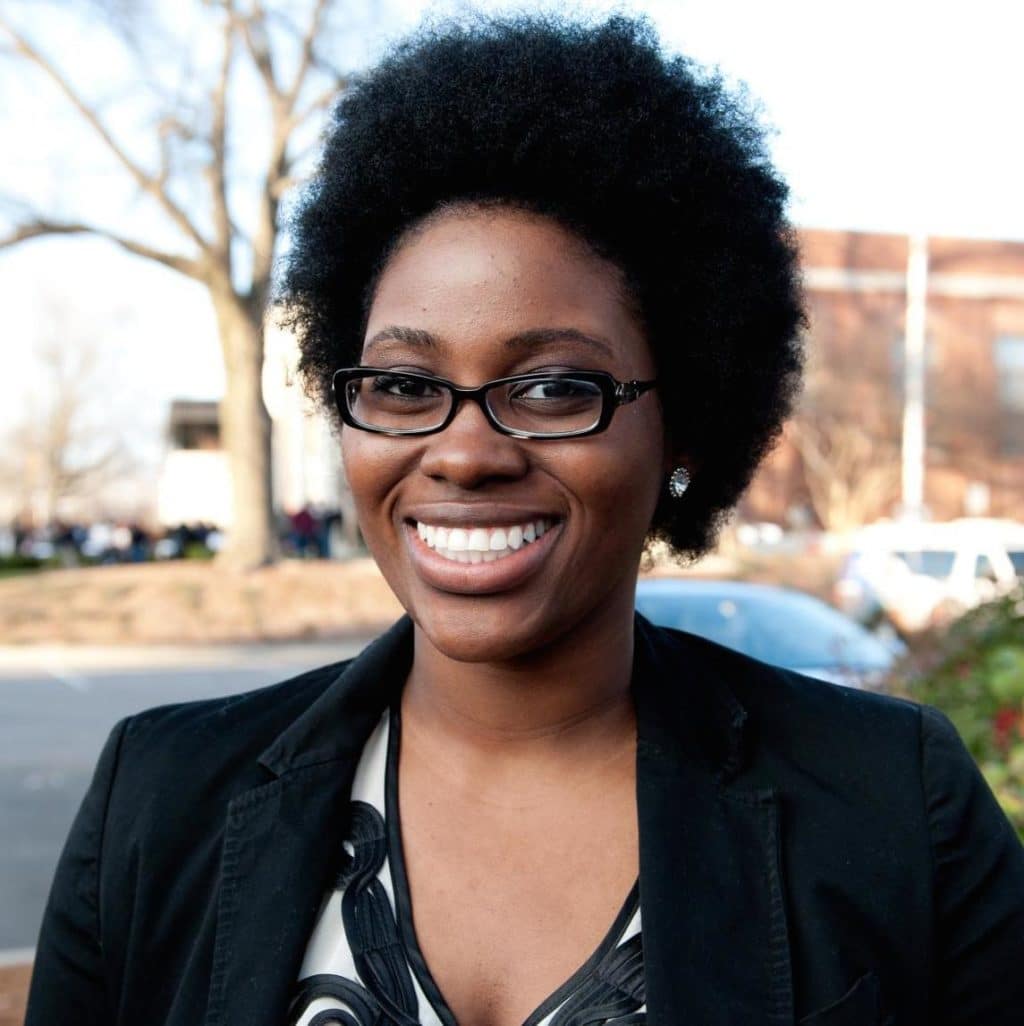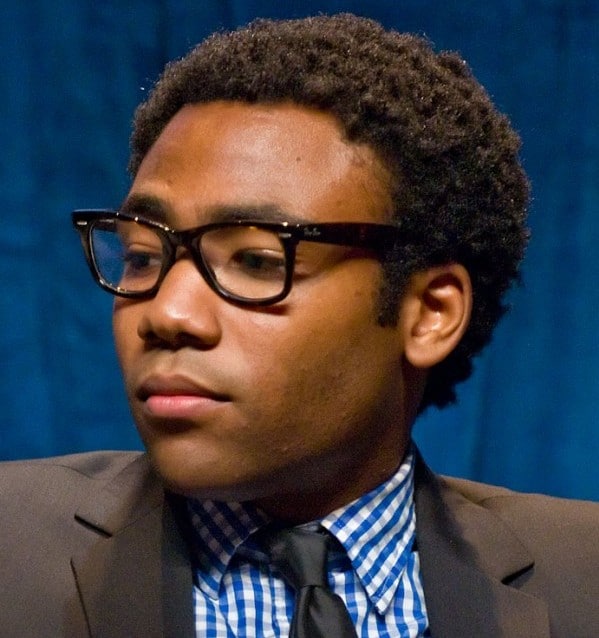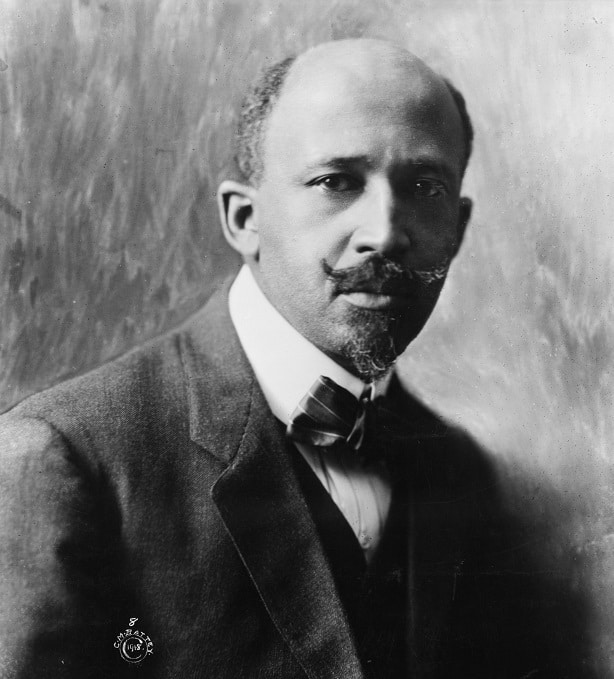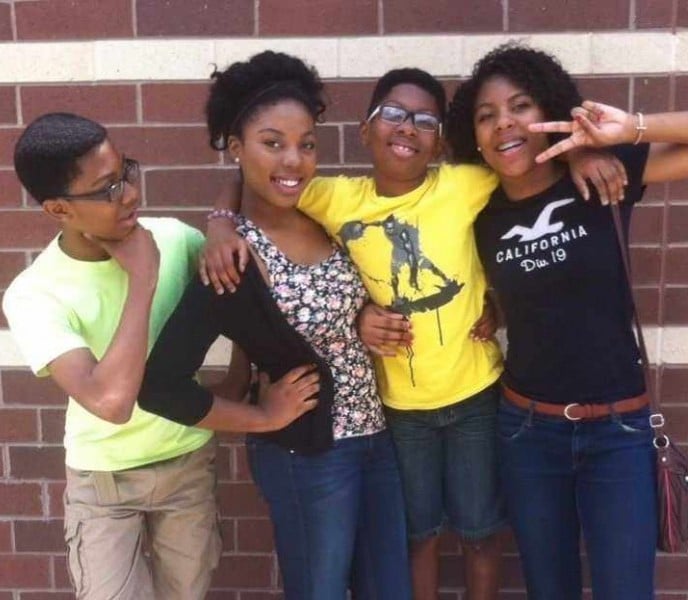As another graduation season comes to an end, scores of young, smart African-American graduates will become fresh recruits into the Foreign Service known as Corporate America, seeking fame, glory and the spoils that come along with it. Unfortunately, many of these recruits will not find fame nor glory, but only dissolution, disappointment and the slow, painful death of their dreams of executive titles and fancy corner offices.
As these dreams die, vibrancy is often replaced with lethargy, and optimism often becomes pessimism as the recruits take their place in the invisible brigade, becoming nameless, faceless members of the African-American professional class, whose sole purpose seems to be meat for the proverbial “corporate grinder.”
While there are real challenges that stand between African-Americans and the corner office that must be overcome, many challenges encountered today are self-manufactured and can be avoided altogether with a bit of forethought and external awareness.
Below are the five biggest mistakes young African-Americans make that often lead to the “grinder.” Avoid these and while corporate success is never guaranteed, odds of achieving the corner office will exponentially increase.
• Mistake No. 1 – Assuming All Rules are Spoken (Believing Everything You Hear)
Mistake No. 1 made by most young, smart African-Americans is assuming just because they are told something by someone in authority, that means it’s true. Most rules in corporate life are unwritten. Why? The answer is simple and it’s the first unwritten rule of corporate life: Corporate life is a competition.
Which brings us to the second unwritten rule of corporate life: If you’re in a corporation, you’re a competitor.
Finally, the third and most important unwritten rule of corporate life: When in doubt about rule No. 2, see rule No. 1.
So what does this have to do with a career mistake? Young African-Americans have a tendency to take what they are told by superiors, non-African-American peers, and so-called mentors at face value. If you accept the unwritten rules of corporate life, then you also accept the fact that not everyone has your best interest at heart (because it’s a competition and if you’re there you are a competitor).
Thus as smart competitor, you should apply the simple wisdom found in a sign I once saw, “In God we trust, but all others we verify.”
• Mistake No. 2 – Assuming Corporations are Logical, Rational Entities (Believing Work is Fair)
Mistake No. 2 made by young, smart African-Americans is assuming that organizations, with all of their policies, procedures, mission statements, organizational charts and the whatnot, are logical, rational entities that make decisions based upon observed verifiable facts.
Truth is organizations are: 1) Nothing more than a collection of people. 2) People are the furthest thing from logical and rational (don’t believe me, pay attention the next time you are in a grocery store). 3) People for the most part are governed by emotions, and emotions are typically the result of thoughts and personal experiences.
This is why two different people in a meeting can say the exact same thing, and 7 times out of 10 it will be received in completely different ways, as the recipients are usually responding from an emotional place versus anything logical, let along its older and wiser sibling known as rational.
So next time you wonder why your boss and/or peers seem to like your ideas when someone else says them, before you take it personally remember the Serenity Prayer, “Grant me the serenity to accept the things I cannot change, the courage to change the things I can, and the wisdom to know the difference.”
• Mistake No. 3 – Assuming All People are Created Equal (Believing You Can Do What They Do)
Mistake No.3 made by young, smart African-Americans is assuming that just because they went to the same universities, got similar internships, went through the same interview process, and received the same offers as their non-African-American peers, they can do and say the same things on the job as their non-African-American colleagues.
If we recall what we learned in Mistake No. 2, then we will remember that organizations are full of people and people are primarily an emotional bunch. So it makes perfect sense why John is seen as inquisitive when he speaks up in a meeting, while Jerome is seen as aggressive and lacking communication ability. Or Susan is simply having a bad day when she doesn’t say “Good Morning,” while Shonda is seen as an angry person with poor social skills.
So assuming you’ve accepted the unwritten rules of corporate life and you’ve memorized the Serenity Prayer, be mindful of the real and perceived differences between you and those around you, because as Alonzo (aka Denzel Washington) said in the movie Training Day, “This s**t is chess, it ain’t checkers.”
• Mistake No. 4 – Assuming Working Hard = Doing Hard Work (Not Understanding What Matters)
Mistake No. 4 made by young, smart African-Americans is unfortunately often a result of Mistake No. 1, which is then enabled by Mistake No. 2 and ultimately compounded by Mistake No. 3, and that is believing that working hard is the same as doing hard work.
What is “hard work” you ask? Hard work is anything that solves a problem, while “working hard” is anything that executes a solution, otherwise known as the result of hard work.
OK, let’s face facts. Most smart African-Americans are told almost from birth that they “have to work at least twice as hard to be seen as just as good” as their non-African American peers. While there is much truth to this, the even bigger truth of the matter is most corporations invest millions of dollars each year in technology to reduce the amount of “working hard” done by their employees so they can focus more on “hard work.” Unfortunately most African-American families missed the memo about the dawn of the technological age.
So next time you’re faced with a choice between making the presentation more effective (aka doing “hard work”) and making the presentation more attractive (aka “working hard”), follow the lead of Booker T. Washington and you too might have building named after you. Washington said, “Nothing ever comes to one, that is worth having, except as a result of hard work.”
• Mistake No. 5 – Assuming There is a Yellow Brick Road ( Not Having a Career Plan)
The last and greatest mistake made by young, smart African-Americans is believing that like school, there is a defined curriculum, course outline, degree plan, or as I like to call it a “yellow brick road” that spells out exactly what one has to do to go from “here” to the fabled corner office.
If you are one of those people (see Mistake No. 2 for definition of which people), let me be the first to tell you, no such path exists.
There are thousands of articles and books that claim to hold the formula for success in corporate America, but if you’ve been paying attention then you already know that you can’t believe everything you hear or read, as not everyone has your best interest at heart — especially an author who wants to sell books (Lesson No. 1).
As corporations are full of irrational and illogical people (Lesson No. 2), and since everyone is not the same, what worked for someone else — in this case the author– won’t necessarily work for you (Lesson No.3). You already know anything worth having requires hard work (Lesson No. 4), so I leave you, young recruit, with one final thought from the greatest guide to corporate life ever assembled, The Art of War by Sun Tzu: “Victorious warriors win first and then go to war, while defeated warriors go to war first and then seek to win.”
Before you start the next battle in your tour of duty, take some time to really plan how you are going to win, that is, reach those career goals. And remember the words of the good Archbishop of Canterbury Geoffrey Fisher, “Good plans shape good decisions. That’s why good planning helps to make elusive dreams come true.”
Tre Green is a 25yr veteran of the IT industry who specializes in solving “mission impossible” for Fortune 500 organizations. When not adding to his frequent flier miles and preferred guest status Tre can be often be found at home relaxing with his motely crew of pets.












